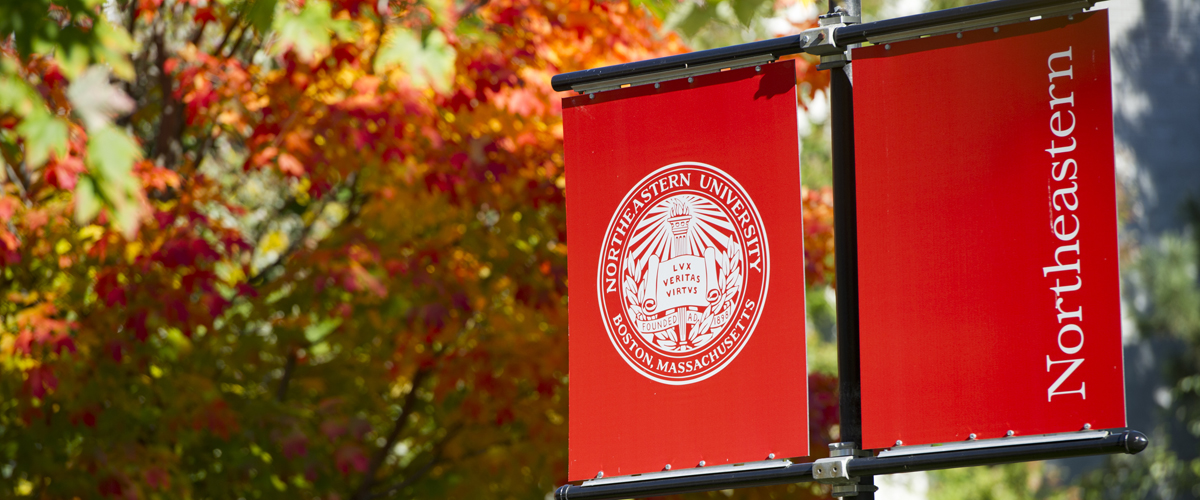Assistant Professor of Mathematics Gabor Lippner has been researching an evolutionary model that aims to explain cooperative behavior observed in nature. In March, his findings were published in Nature under the title, “Evolutionary dynamics on any population structure.”

Assistant Professor of Mathematics Gabor Lippner
He goes on to say that various models have been developed in the past century to resolve the contradiction, but while it’s easy to formulate a structure and a model, it’s difficult to analyze both in practice and in theory.
“Our results are the first that provide useful theoretical analysis of the model for general networks,” Lippner explains. “One of the main new insights from this analysis is that cooperative behavior is most likely to emerge in populations with strong pairwise ties – meaning that each individual has a unique partner strongly connected to it compared to its other neighbors.”
He also says, “Since the models are also applicable to social networks of humans, the results might shed more light on how social/economic behaviors, or even political opinions, of humans change based on their social networks.”

